In this article, I discuss the importance of you and your relationship partner being in the right emotional state in order to have constructive discussions of issues.
In my last article, I focused on one of the most frequent issues for which clients seek help in couples counselling–to discuss their issues more constructively. In that article, I discussed one of the key skills to help achieve this goal—going beyond thinking only about what you want to say to each other by also paying attention to how you communicate your points. This article will focus on a second important skill to help couples discuss their issues more constructively—choosing the right time to have the discussions.
Using the traffic light metaphor to determine the right and wrong times to discuss issues
Renowned psychologist Dr. Christine Padesky uses the metaphor of a traffic light system to help couples determine the right and wrong time to discuss their issues. Just as you pay attention to the colour of the traffic light to determine whether to proceed through an intersection with your car, Dr. Padesky recommends that you and your partner pay attention to the colour of your ‘personal traffic lights’ to decide whether to begin or continue a discussion of an issue.
The colour of your personal traffic light refers to the level of calm or stress you are experiencing. Being on green light means that you are in a relatively calm and low-stress state which is conducive to discussing issues constructively. Being on red light means that you are in a high-stress state in which you are unlikely to be able to discuss issues constructively. Being on yellow light means that you are on the verge of being at a stress level in which you are unlikely to be able to discuss issues constructively.
Check your recent activities and events to determine which traffic light you are on
Whether you are on green, yellow or red light is usually determined by the kinds of activities in which you are engaged and the nature of the events which you have encountered during the day. For example, I am likely to be on red light if I’m very hungry, if I haven’t had a good night’s sleep, if I haven’t had a chance to exercise, if I haven’t had a chance to relax after working for a long stretch, and if I’ve recently encountered a stressful event such as getting stuck in traffic or having an argument with someone.
On the other hand, I am likely to be on green light if I’ve had something to eat, if I’ve had a good night’s sleep, if I’ve had a chance to exercise, if I’ve had a chance to relax after working for a long stretch, and if I haven’t recently encountered a stressful event. Next I will discuss the disadvantages of discussing issues when you are on ‘red light’ followed by the advantages of discussing issues when you are on ‘green light’.
The disadvantages of discussing issues when you are on ‘red light’
When you are on red light, you are less likely to be constructive in your communication. This applies both to how you bring up points to your partner and how you respond when your partner raises issues. When you are on red light, you are more likely to raise issues by pointing to negative traits about your partner—what relationship expert Dr. John Gottman refers to as a ‘criticism’. For example, if your partner forgot to take out the garbage your being on red light would make it more likely that you would refer to them as lazy, forgetful or uncaring for failing to do so. Having heard your concerns raised by a red-light-driven criticism, your partner is unlikely to respond constructively to your concerns and more likely to react in a defensive manner by not taking any responsibility and possibly by directing a counter-criticism at you.
Being on red light also makes it less likely you will respond constructively to points your partner makes even if they raise these points in a constructive manner. That is, you are likely to respond defensively by not listening attentively, failing to acknowledge any valid points your partner makes, making no attempt to take responsibility by addressing their concerns, offering no compromises and criticizing them. In turn, this leads to gridlock and negativity during discussions.
The advantages of discussing issues when you are on ‘green light’
When you are on green light, you are more likely to raise concerns in the form of what Dr. Gottman refers to as ‘complaints’ rather than ‘criticisms’. That is, you focus on the behaviours you would like your partner to act on or change rather than pointing to negative traits about your partner. For example, a complaint would entail reminding your partner to take out the garbage without referring to them as lazy, forgetful or uncaring for failing to do so. Raising issues as green-light-driven complaints makes it more likely your partner will try to ‘play ball’ with you in their response which sets the tone for a constructive discussion of the issue you raised.
Being on green light also makes it more likely you will respond constructively to points your partner makes. That is, you are likely to listen attentively, acknowledge valid points your partner makes, make an attempt to take responsibility by addressing their concerns, offer compromises and avoid criticizing them. In turn, this type of green-light-driven response makes it more likely that the discussion will stay on a constructive path.
The bottom line: Try to discuss issues when both of you are on ‘green light’
So you increase the likelihood of having constructive discussions of issues in your relationship if you make sure to have those discussions when you and your partner are both on green light and postpone the discussions if one or both of you is on red light. In effect, paying attention to when you have these discussions makes it easier to communicate your points in a manner which leads to constructive dialogue. I teach these skills to my clients in relationship counselling and marriage counselling in my work as a Calgary psychologist and a Cochrane psychologist.
May you and your relationship partner time your discussions of issues according to your personal traffic lights,
Dr. Pat

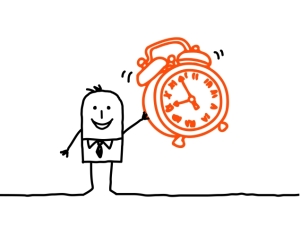
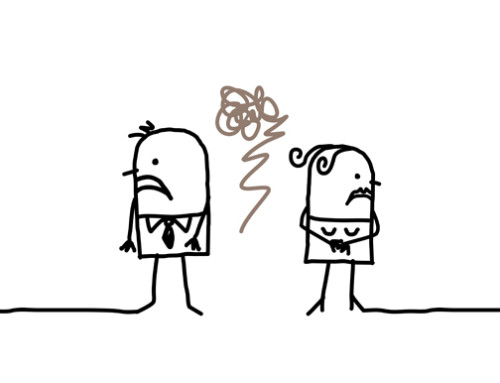
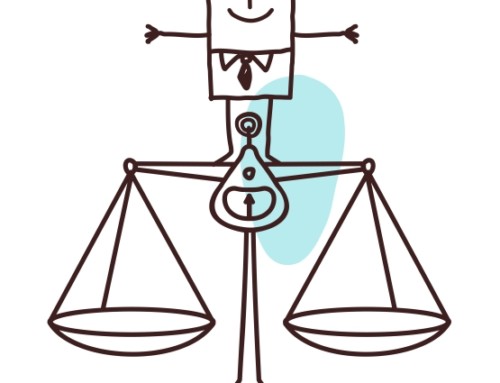
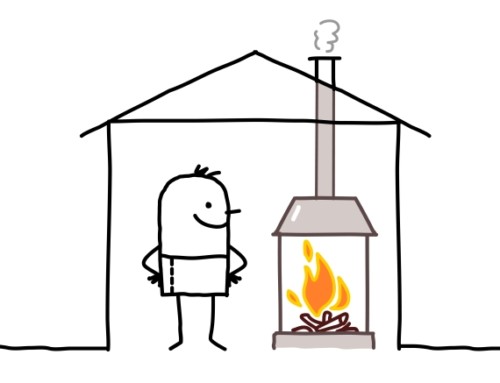
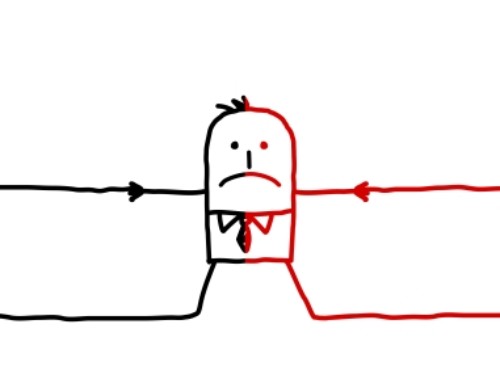
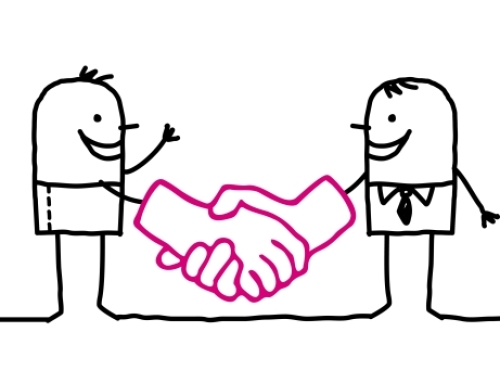
Leave A Comment